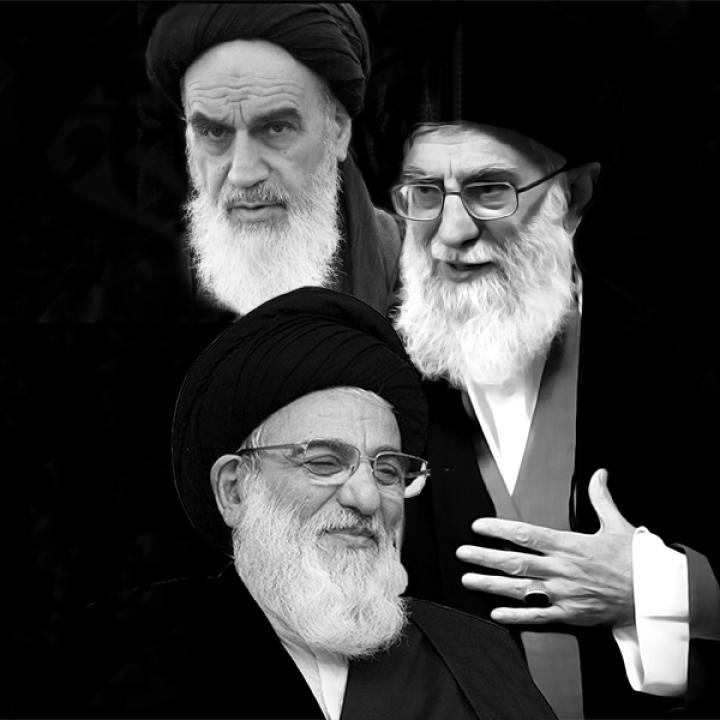
- Policy Analysis
- Policy Focus 152
The Future of Leadership in the Shiite Community

Mahmoud Hashemi Shahroudi, a former Iranian judiciary chief who holds a prominent position in the Assembly of Experts, now has two paths to leadership of the Shiite community. The first is as a potential successor to Supreme Leader Ali Khamenei, now seventy-seven; the second is to eventually take the place of Najaf-based Ayatollah Ali al-Sistani, who at eighty-six is the preeminent religious authority in Shia Islam. A certain air of mystery surrounds Shahroudi, whose life has been chronicled heretofore only in a flattering pamphlet produced by his own office. But the trends in his philosophy are clear enough: on the religious front, he has grown more conservative; in matters of Iranian nationalism, a harder-line revolutionary.
Author Mehdi Khalaji offers here the first comprehensive study of Ayatollah Shahroudi, encompassing his upbringing in holy Najaf, his move to Iran after the Islamic Revolution, his role as a stalwart in Khamenei's power base, and his brutal tenure as chief justice from 1999 to 2009. A scenario worth imagining, though hardly inevitable, is one in which Shahroudi consolidates power as both Supreme Leader and transnational marja, thereby reinforcing Iran's regional clout and its revolutionary orientation.
The Author
Mehdi Khalaji is the Libitzky Family Fellow at The Washington Institute, focusing on the politics of Iran and Shiite groups in the Middle East. He was previously a political analyst on Iranian affairs for BBC Persian, and later became a broadcaster for the Prague-based Radio Farda, the Persian-language service of Radio Free Europe/Radio Liberty. A scholar of Islam, Khalaji trained in Shiite theology and jurisprudence for fourteen years in the seminaries of Qom; he later studied Shiite theology and exegesis in Paris at L’Ecole Pratique des Hautes Etudes. He is the author of The New Order of the Clerical Establishment in Iran (2010, in Farsi) as well as numerous Institute studies, including Tightening the Reins: How Khamenei Makes Decisions.




